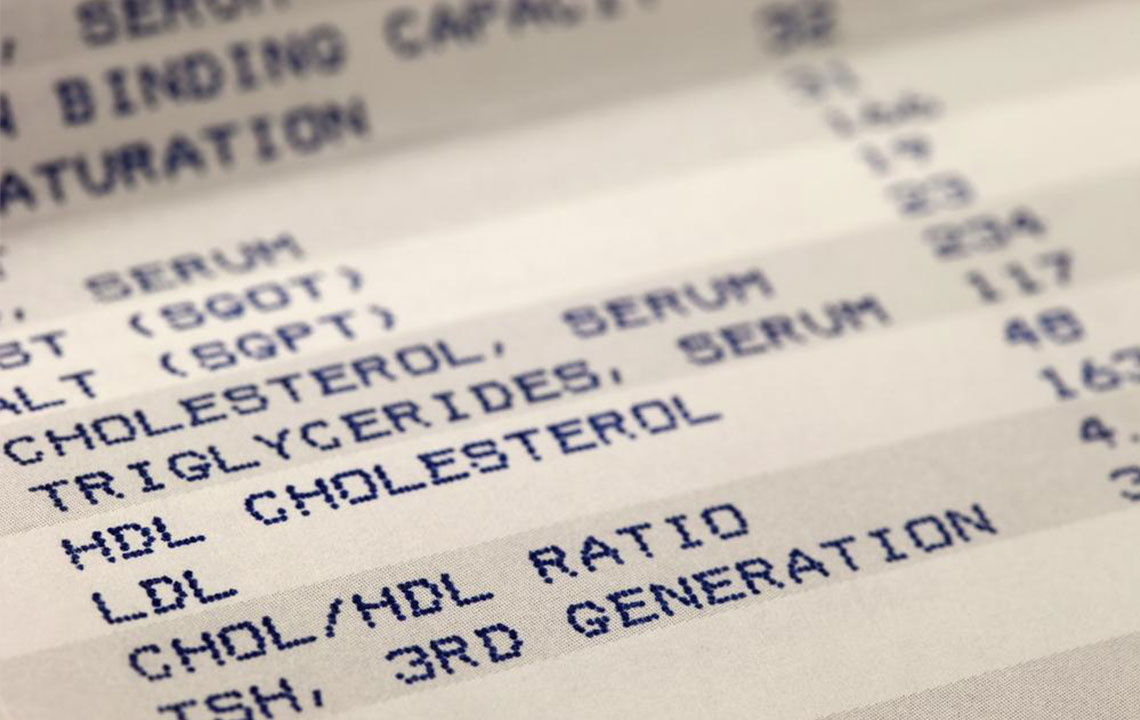Essential Steps for Monitoring Your Cholesterol Levels
Learn how to monitor and maintain healthy cholesterol levels through regular testing, balanced diet, and active lifestyle. This guide explains cholesterol's role, factors affecting it, and tips for prevention. Ensuring good heart health with simple lifestyle choices can prevent serious health issues in the future.
Sponsored

Cholesterol often gets misunderstood when it comes to overall health. While high cholesterol levels can increase the risk of heart disease and strokes, they’re not as alarming as many think. Maintaining a healthy lifestyle, balanced diet, and regular check-ups are key to managing cholesterol effectively. It’s not just a temporary concern but a lifelong commitment. Understanding what cholesterol is and how it affects the body helps in taking proactive measures. Regular screening and healthy habits can keep your cholesterol levels in check and promote overall well-being.
Managing cholesterol isn't a one-time effort; it's a continuous lifestyle choice. Whether or not you currently face issues, adopting healthy habits helps prevent future complications. Those with a family history of heart conditions should be especially vigilant. To maintain optimal cholesterol levels, start by understanding what influences them. What is cholesterol? Cholesterol is a waxy fat found in your body, vital for making hormones, cell structures, and bile acids. It exists both naturally from your body and through your diet. Elevated levels can clog arteries, increasing the risk of heart attacks. Keep your cholesterol in check by monitoring your intake and regular testing, especially if you have risk factors.
How to assess your cholesterol People over 20 are advised to check cholesterol levels every five years. Those with genetic predispositions, smokers, or at risk should test more frequently. The primary test, a lipoprotein panel, requires fasting and reveals:
Overall cholesterol levels
LDL (bad cholesterol)
HDL (good cholesterol)
Triglycerides
These results help doctors determine risk and suggest appropriate lifestyle or medication. Factors influencing cholesterol include your diet, weight, and activity levels. Consuming saturated fats, being overweight, and leading a sedentary life can increase cholesterol. Improving diet, maintaining healthy weight, and exercising regularly are effective strategies to keep levels within healthy ranges.Overall, understanding cholesterol and vigilant monitoring are vital to heart health. Regular check-ups allow early intervention, ensuring a healthy, balanced life. Remember, your health is your responsibility!






